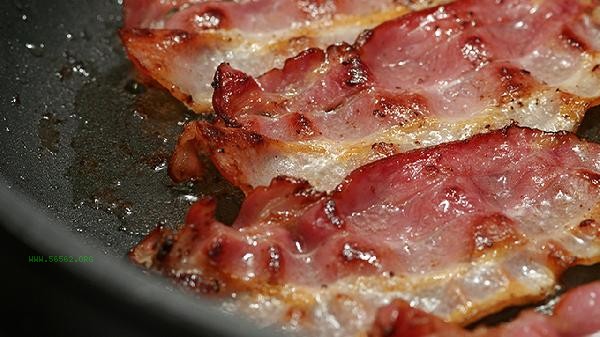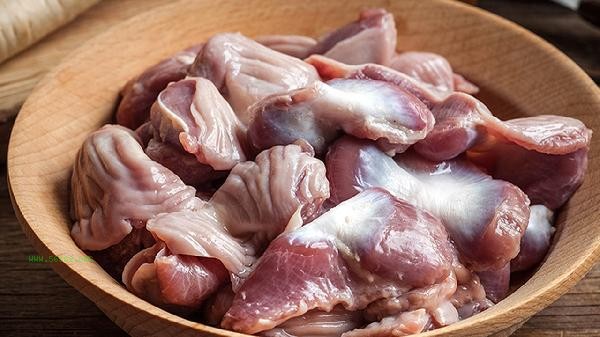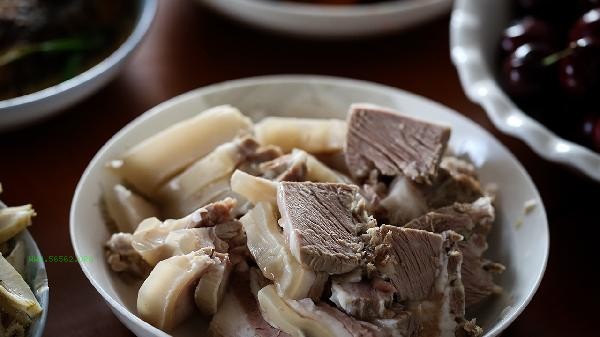Proper relaxation of muscles after exercise generally does not lead to muscle thickening, the key is to choose a scientific relaxation method. Muscle thickening is mainly related to high-intensity strength training and protein supplementation, while regular stretching and relaxation actually help to elongate muscle lines. Muscle tension after exercise is a normal physiological phenomenon, and static stretching can effectively alleviate muscle fiber contraction. It is recommended to continuously stretch the large muscle groups, with each movement lasting for more than 20 seconds. For example, the legs can be relaxed by sitting forward and bending the hamstring muscles, while the upper limbs can be stretched against the wall chest muscles. The baby style or cat cow style in yoga can also gently relax the waist and back muscles. The rolling of foam shaft is more suitable for deep fascia relaxation, and the strength should be controlled to avoid over pressing the pain points. Some people immediately engage in high-intensity massage or use electric pulse relaxation devices after exercise, which may stimulate excessive growth during the repair process of muscle micro injuries. This type of method is more suitable for professional athletes to use under the guidance of a coach, and the general fitness population should avoid frequent use. Supplementing with an appropriate amount of carbohydrates within half an hour of exercise is more beneficial for muscle recovery than simply supplementing with protein powder. Excessive protein intake is the main cause of muscle volume increase.

After exercise, it is recommended to wear compression equipment to promote blood circulation and take a warm shower instead of cold water stimulation. Maintaining a regular schedule and balanced diet, and getting at least 7 hours of sleep per day, can help with natural muscle recovery. Long term exercise enthusiasts can regularly engage in low impact exercises such as swimming as an active recovery method, which can maintain physical fitness without causing muscle overload. If there is persistent muscle stiffness or soreness, one should consider adjusting the training plan or consulting a professional rehabilitation therapist.










Comments (0)
Leave a Comment
No comments yet
Be the first to share your thoughts!